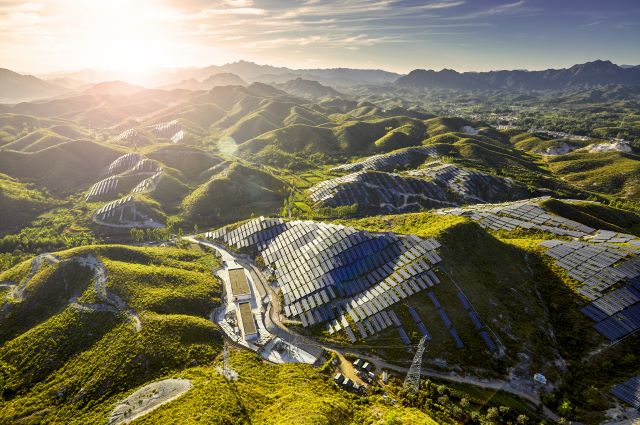
A group of researchers, including an environmental scientist from UC Santa Barbara, has developed a framework to assess equity in energy transitions.
They recently published their findings in Environmental Research Letters.
The study outlines equity metrics for four low-carbon energy transitions: renewable energy deployment, fossil fuel infrastructure phaseout, transportation electrification, and residential building decarbonization.
The framework can be a starting point for policymakers and other stakeholders to consider equity impacts for energy transition plans.
The researchers evaluated equity in three dimensions: health, access, and livelihood, with indicators such as pollutant exposure, resource availability, and energy security.
They used specific metrics for each indicator to measure their amount or value.
The lead author, Sage Kime, a doctoral student in urban and environmental planning and policy at UC Irvine and an alum of UCSB’s Bren School of Environmental Science & Management, said unequal adoption of resources like solar PV and electric vehicles, challenges with energy affordability or job losses in the fossil fuel industry, and disparities in health costs and benefits, among others, are among the significant implications that need to be considered in transition planning.
The researchers emphasized that the clean energy transition presents an opportunity to address the energy impacts and burdens frontline communities face.
However, they noted that the transition could increase inequality if we fail to recognize and mitigate injustices.
UC Santa Barbara’s David Pellow, the Dehlsen Professor and Chair of Environmental Studies, and Veronica Jacome, an assistant professor of geography and urban studies at Temple University, also contributed to the new paper.
The researchers agreed that more work needs to be done to address inequities in the energy transition. Nonetheless, providing policymakers, regulars, and other stakeholders with resources and tools to account for equity in this transition is a crucial step in creating a more equitable and resilient future.
The U.S. Army Corps of Engineers has been tasked with…
Brown and Caldwell, a leading environmental engineering and construction firm,…
Humboldt State University, one of four campuses within the California…